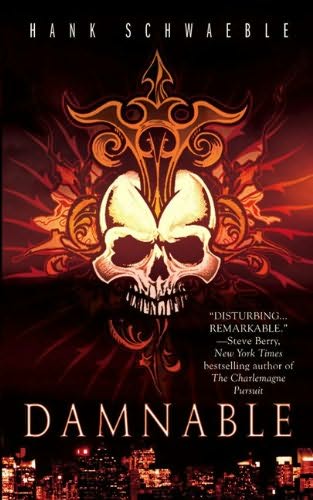
Warm Bodies, based on a novel by Isaac Marion that I haven’t read, is a modern take on Romeo and Juliet, only this time Juliet meets and falls in love with Romeo after he’s already dead. It is a tale about the power of love to induce positive change and tear down walls even in trying times — of learning to see others as individuals, looking past their superficial group characteristics, and recognizing, even accepting, differences. But all is not moonlight and roses. Life, if one can call it that, among the living and the dead is hard; and even in the end, one cannot eschew entirely a hardnosed realism, as there are some too far gone even for love to heal.
Julie, played by Aussie Teresa Palmer, is the daughter of the military leader (John Malkovich) of an authoritarian, walled compound that houses perhaps the last remaining settlement of living human beings. R, played by Nicholas Hoult, is a zombie who spends his days wandering aimlessly around an airport and occasionally feasting on the flesh of the living. He’s a little off as far as zombies go, in ways you’ll have to see for yourself.
The two meet one fateful day when Julie is out on a pharma-salvage mission with a group of her peers and R is leading a pack of zombies in a hunt for their next meal. Can these two star-crossed lovers make it work? Will the living give R a chance before putting a bullet in his brain? Will R’s fellow undead refrain from eating Julie’s?
[continue reading…]
Help Promote Prometheus Unbound by Sharing this Post

Hank Schwaeble
 Damnable, by Hank Schwaeble, has been called noir, but anyone who has seen The Third Man, Double Indemnity and The Asphalt Jungle will see no more than a tenuous connection to what noir originally was. Just like the word libertarian often gets applied to anyone who is pro-choice on two or more issues, noir gets thrown at any tale with a dark atmosphere, a detective and/or so much as a single morally ambiguous character, resulting in an abundance of wrongly labeled people and stories. Damnable, winner of the 2009 Bram Stoker Award, is not noir any more than Bill Maher is a libertarian; it is a mix of detective tale, supernatural story full of demons and cultish rituals, and MMA-style fighting and action.
Damnable, by Hank Schwaeble, has been called noir, but anyone who has seen The Third Man, Double Indemnity and The Asphalt Jungle will see no more than a tenuous connection to what noir originally was. Just like the word libertarian often gets applied to anyone who is pro-choice on two or more issues, noir gets thrown at any tale with a dark atmosphere, a detective and/or so much as a single morally ambiguous character, resulting in an abundance of wrongly labeled people and stories. Damnable, winner of the 2009 Bram Stoker Award, is not noir any more than Bill Maher is a libertarian; it is a mix of detective tale, supernatural story full of demons and cultish rituals, and MMA-style fighting and action.
This is not to denigrate the work — or Bill Maher — but merely to put it in its proper category. As a story it is a modest success, not profound perhaps, but also without pretensions of depth and nuance. On the first page, a character muses, “Coffee was like pizza and sex — no matter how bad it was, it was usually still pretty good.” In other words, the author is decent enough to tell us straight away we will not be wrestling with complex ideas and weighty issues. When a zombie attacks a few paragraphs later, it is the author letting us know what we will be doing.
I enjoyed my time with the novel, which I believe is all the author ever wanted for his readers. I know I enjoyed it because I put my book mark in the sequel as soon as the last page was turned. The main character, Jake Hatcher, is something more than one dimensional, interesting from the outset. His situation is intriguing, his history morally ambiguous, and his abilities perfect for the action to follow.
We first meet Jake as a convict in a military prison. One of his jailors has it out for him, and Jake suspects his cellmate has been recruited to pick a fight with him, to get him in trouble so his term can be lengthened. There is also another trap his jailor has set for him, and while he tries to navigate these he gets a call from his mother telling him his brother has died, an event we saw in the prologue.
[continue reading…]
Help Promote Prometheus Unbound by Sharing this Post











